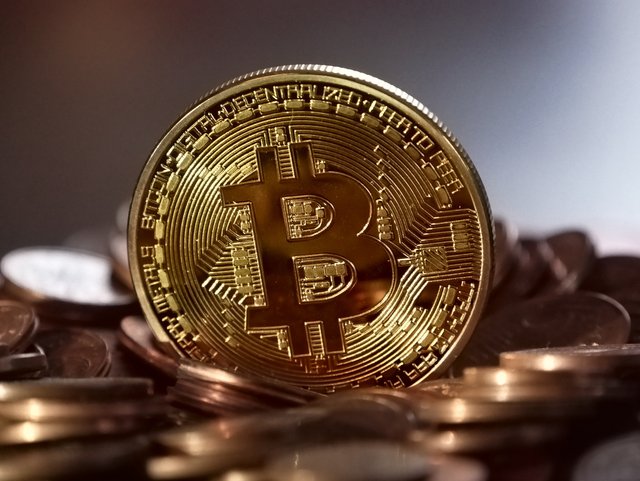What Is Bitcoin and Is It a Good Investment?
Forget all the bitcoin hype, forget the talk of a currency of the future, and forget visions of libertarian utopia.
Bitcoin is nothing more than digital money, and it’s made out of thin air by computers.
If that sounds scary to you, you’re not alone. According to one poll, 44% of respondents said bitcoin is a scam,
and 48% said they are “unsure” about the digital currency’s potential.
So, what’s the deal? Is bitcoin a scam or the future of money? And more importantly, is anyone actually going to use it?
We can answer the first two questions: bitcoin is neither a scam nor the future of money. Bitcoin is, however, an interesting experiment.

It’s probably a bad idea to put your life savings into bitcoin, but it’s certainly something to consider testing with a nominal amount of money.
(If you’re planning to invest in bitcoin, check out Bitcoin IRA. It lets you invest your retirement funds in bitcoin without all the hassle that comes with setting it up yourself.)
What Is Bitcoin and Why It Matters
Bitcoin is a digital currency, meaning it exists only in the digital world.
It’s basically lines of computer code that are digitally signed each time they travel from one owner to the next.
There’s not a physical representation of bitcoin. A bitcoin isn’t a piece of paper with George Washington’s face on it.
It doesn’t exist anywhere except on computers.
Bitcoin was invented by an unknown person or group of people under the name Satoshi Nakamoto in 2008.
Like any other currency, bitcoin can be used for buying goods and services.
Bitcoin also allows people to transfer money anonymously between one another.
Bitcoin’s value is determined by how much people are willing to exchange it for.
In 2011, one bitcoin was worth about $0.30. Today one bitcoin is worth about $1,216.
The bitcoin price has been highly volatile. It’s gone up nearly 2,000% since 2012, but it’s also gone down by more than 50% since then.
Why Is Bitcoin so Controversial?
In 2013, the FBI shut down Silk Road, an online marketplace where people could buy drugs and other illicit items anonymously.
Silk Road accepted bitcoin as payment, and the FBI seized $3.6 million worth of bitcoin.

The FBI said Silk Road generated $1.2 billion in revenue and that 9.5% of bitcoin transactions were linked to Silk Road.
The federal government, along with several state regulators, has since cracked down on bitcoin.
Two of the most popular bitcoin exchanges, Mt. Gox and Bitfinex, have folded under government pressure.
In 2014, the U.S. government forced Tokyo-based Mt. Gox to file for bankruptcy after hackers allegedly stole $480 million worth of bitcoin.
Bitfinex, which is based in Hong Kong, had its accounts temporarily frozen by Wells Fargo in April.
Bitfinex says it was targeted because of its relationship with the online drug marketplace Silk Road.
21 Inc., a bitcoin startup, recently received $116 million in funding. The investment was led by billionaire venture capitalist Peter Thiel
and represents the biggest investment in bitcoin by a traditional investment firm.
What Is the Point of Bitcoin?
Bitcoin was created as an alternative to national currencies. In theory, it allows people to avoid taxes, fees,
and regulations that come with using government-backed money.
Bitcoin believers say it’s the currency of the future because it’s cheaper, faster, and more efficient than government-backed money.
They also say it’s the currency of the future because it doesn’t rely on any government.
“Bitcoin is the currency of resistance, the currency of anti-establishment,” says Kyle Kemper, a co-founder of BitcoinIRA.com,
a website that allows people to invest in bitcoin through their retirement accounts. “It’s not issued by any government.
It’s not regulated by any government. It exists completely outside of the control of any government,
and that’s very attractive for people who want to opt-out of the system.”
Bitcoin believers also say it’s the currency of the future because it’s universal.
“You can send bitcoin anywhere in the world, anytime, and for free,” Kemper says. “That simply isn’t possible with government-backed money.”